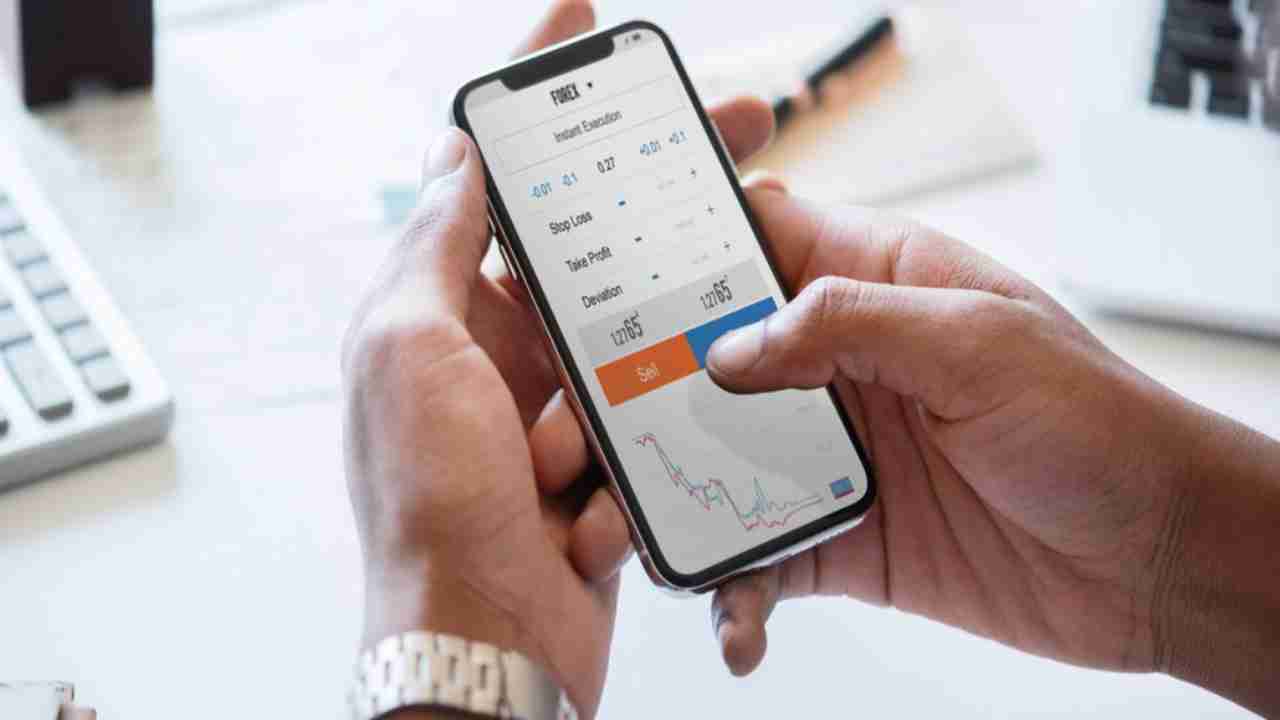
So, you have decided to dabble in forex. You may have noticed how many techniques and trades are available. Currency trading is very competitive, and it may take a while to find what methods are best for you. The ideas below will point you in the right direction.
Forex is more dependent on economic conditions than option, futures trading or the stock market. Before starting out in Forex, you will need to understand certain terminology such as interest rates, fiscal and monetary policy, trade imbalances and current account deficits. If you don’t understand these things, you will surely meet with disaster when you begin trading.
You can build on your forex skills by learning from other traders’ experience, but you should remain true to your own trading philosophy. Tapping into the advice of those more experienced that you is invaluable, but in the end, it is your own instincts that should guide your final decisions.
It is important to have two separate trading accounts when you first begin. A real account and a demo account which you can use to test out different trading strategies without risking any money.
Forex has charts that are released on a daily or four hour basis. Because of communication advancements, trades can be tracked in 15-minute intervals. Be on the lookout for general trends in the market, however, as many trends you spot on short intervals may be random. You can avoid stress and unrealistic excitement by sticking to longer cycles on Forex.
Stop losses are an essential tool for limiting your risk. An equity stop brings an end to trading when a position has lost a specified portion of its starting value.
It is not possible to see stop loss markets. There is a common misconception that people can see them, which can impact market prices. Because this is not really true, it is always very risky to trade without one.
Don’t try to jump into every market at once when you’re first starting out in forex. This will only cause you to become frustrated and befuddled. Try to stick with one or two major pairs to increase your success.
Don’t expect to reinvent the forex wheel. Financial experts have studied forex for years, due to its complexities. The chances of you randomly discovering an untried but wildly successful strategy are pretty slim. Becoming more knowledgeable about trading, and then developing a strategy, is really in your best interest.
Do not start in the same place every time. Traders who open the same way each time end up either not capitalizing on hot trends or losing more than they should have with poor choices. Use current trades in the Forex market to figure out what position to change to.
When giving the system the ability to do 100% of the work, you may feel a desire to hand over your entire account to the system. This could unfortunately lead to very significant losses for you.
Paying attention to several currencies is a common error to make when you are still a neophyte forex investor. Stick with a single currency pair until you’ve got it down pat. When you know more about Forex, try expanding. Following these steps can prevent you from losing lots of money.
Mini Account
When pondering whether to become a foreign exchange trader, a good rule to follow is to start out small. Consider using a mini account. Keep your mini account for the span of a year and if you enjoy it and see rewards, expand your portfolio. Having a mini account lets you learn the ins and outs of the market without risking much money.
Do the opposite of what you were going to do. You will find it easier to fight your innate tendencies if you have a plan.
Good advice you might frequently hear from successful Forex traders is to keep a daily journal of trading and other pertinent information. Make sure that your forex journal details both your successful trades and your mistakes. Doing this allows you to track the progress you have made in the Forex market, and analyze the actions for the future. This can maximize the profit that is made from trading.
There are many indexes and indicators to rely upon that can help you understand data on market activity. Although this won’t be reflective of your specific investment, it’ll give you some context as to the potential of the market in question. Be leery of investing in a market that does not generally yield positive returns.
Forex trading is based around making a profit on the fluctuation of currencies world wide. It can be a lucrative way to make money in the markets. Buying and trading is definitely not something you want to jump into without a solid foundation of knowledge to work from.
In the world of forex, there are many techniques that you have at your disposal to make better trades. The world of forex has a little something for everyone, but what works for one person may not for another. Hopefully, these tips have given you a starting point for your own strategy.